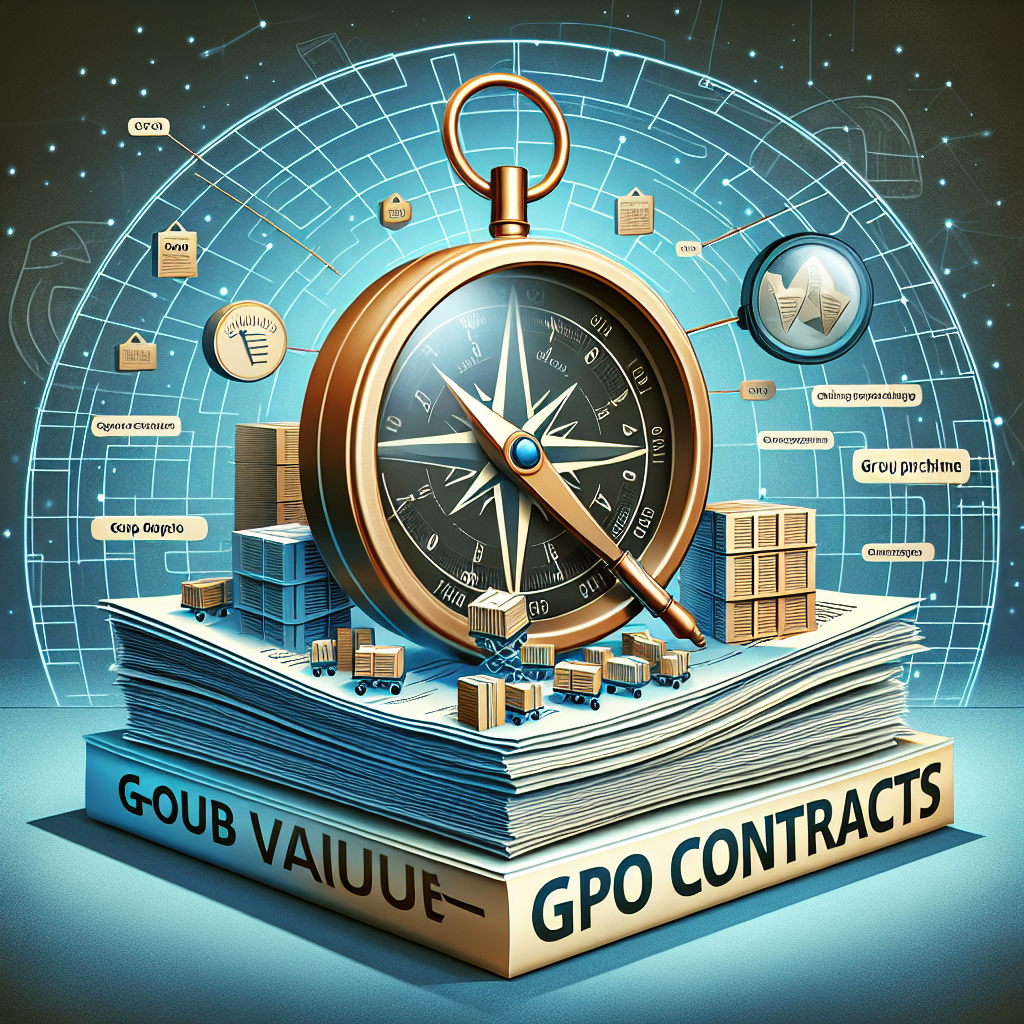Inclusive Circular Supplier Innovation Dynamics: Driving Ethical Market Growth


Why Inclusive Circular Supplier Innovation Matters
Traditional supply chains have often operated like one-way streets, pushing out waste, energy loss, and missed opportunities. In today’s world where resources are finite and social equity is crucial, this approach just doesn’t cut it.
The circular economy changes the game by keeping materials in continuous use, restoring natural resources, and minimizing waste. Layer in inclusion by engaging suppliers from diverse backgrounds, especially those frequently overlooked, and you create a supply chain that is both environmentally sustainable and socially empowering.
Here’s how this looks in action:
- Empower marginalized and social enterprise suppliers to actively participate.
- Co-create products and processes adhering to circular principles.
- Leverage digital technologies to enhance transparency and collaboration.
- Align ethical sourcing with environmental stewardship.
This approach not only reduces your carbon footprint but also unlocks new markets that demand responsible and values-driven brands — a win-win for business and the planet.

The Dynamics Behind Inclusive Circular Supplier Innovation
Collaborative Supplier Co-Innovation
Innovation thrives when it’s a team effort involving suppliers, manufacturers, and communities alike. Engaging suppliers early fosters design of modular, repairable, and recyclable products. Collaborative development of eco-friendly materials, such as bio-based plastics, strengthens supply chains. This partnership mindset builds trust and elevates supplier relationships beyond transactions.
Socially Inclusive Sourcing Practices
Bringing traditionally excluded groups—like waste pickers, women entrepreneurs, and rural producers—into the supply network enriches social equity and community growth. Social enterprises can bridge gaps by providing fair wages and skill development. These diverse sources also reduce supply bottlenecks, creating a more resilient network.
Case in point: Goonj, an Indian social enterprise transforming surplus textiles by employing marginalized women, simultaneously advances circularity and social inclusion.
Circular Business Models and Supplier Incentives
The outdated “take-make-dispose” mindset is being replaced by models such as product-as-a-service, where products are leased rather than sold. Suppliers retain ownership, incentivizing durable design and active product lifecycle management. This fosters innovation in repair logistics and material recovery, effectively turning suppliers into sustainability partners.
Leveraging Advanced Technology for Transparency and Coordination
Technology is a powerful enabler in circular supply chains. Blockchain ensures traceability and prevents fraud, IoT devices monitor product conditions enabling proactive maintenance, and lifecycle management software unites all stakeholders across geographies. Improved transparency mitigates risks and builds trust with regulators and conscious consumers alike.
Stakeholder and Policy Ecosystem Engagement
Sustainability requires collaboration beyond your immediate supply chain. Engaging regulators, NGOs, industry groups, and suppliers collectively drives systemic change through initiatives like “right to repair” laws and circular procurement policies. Collaborative platforms and industry coalitions boost credibility, ethical access, and shared knowledge.

Emerging Trends in Supplier Innovation and Ethical Market Expansion (2024)
- AI and Blockchain Integration: AI analyzes supply chain data to reduce waste while blockchain guarantees verified ethical sourcing.
- Autonomous Technologies and Smart Logistics: Automation bridges labor gaps and accelerates circular processes like refurbishment, acting as supply chain superheroes.
- Collaborative Supplier Sustainability Initiatives: Companies increasingly focus on supplier development with clear ESG (Environmental, Social, Governance) targets, emphasizing sustainability as a shared responsibility.
- Ethical Marketing and Consumer Trust: Transparent, inclusive circular supply chains resonate with consumers who value brands with authentic stories and values.
Real-World Success Stories
- Philips Lighting-as-a-Service: Maintains ownership and service of lighting systems to extend product lifespan and encourage supplier innovation.
- IKEA’s Furniture Buy-Back Program: Encourages customers to return furniture, extending use and creating refurbishment opportunities for inclusive suppliers.
- Goonj’s Textile Repurposing: Employs marginalized women to manage textile waste, driving circularity and social empowerment.
- Patagonia: Combines product innovation with ethical sourcing and activism, attracting eco-conscious customers and aligned suppliers.
Overcoming Common Challenges
- Supplier Capacity: Provide training and development programs to equip suppliers with the skills necessary for circular, ethical practices.
- Complex Supply Chains: Use digital tracking tools to enhance transparency and ensure compliance across multiple tiers.
- Cost vs. Sustainability: Consider lifecycle costs and social impact alongside initial expenses to make informed, sustainable investments.
Looking Ahead: Making Inclusive Circular Innovation Your Competitive Edge
Integrating inclusivity and circularity into supplier innovation isn’t just ethical—it’s a strategic advantage that responds to tightening regulations and rising consumer expectations. Businesses mastering these practices will earn admiration, trust, and market leadership.
Key Takeaways & Next Steps
- Inclusive circular supplier innovation balances social equity and environmental responsibility.
- Ethical market expansion builds enduring trust, brand strength, and profitability.
- Technology, collaboration, and policy engagement amplify impact and scalability.
- Embrace co-innovation, inclusive sourcing, circular business models, and transparency tools.
Your Action Plan:
- Map your supplier ecosystem to identify inclusion and circularity opportunities.
- Engage suppliers early in innovation discussions.
- Invest in training and transparency-enhancing technologies.
- Collaborate across sectors to influence policies and share successes.
- Communicate your ethical and circular story authentically to customers.
Ready to transform your supply chain into a circular, inclusive engine for ethical growth? Let’s simplify your logistics—schedule a quick consultation today.
References
- GEP – Circular Procurement: Need, Advanced Strategies & Technology
- World Economic Forum – Circular Solutions, Community Revolutions
- Emerald Insight – A circular innovation strategy in a supply network context
- Anthesis Group – 2024 Supplier Engagement Trends
- Nestify – Ethical Marketing: Beyond Financial Metrics in 2024
- Patagonia – Ethical Marketing and Activism Strategies
- Philips – Circular Economy Driving Sustainable Healthcare





